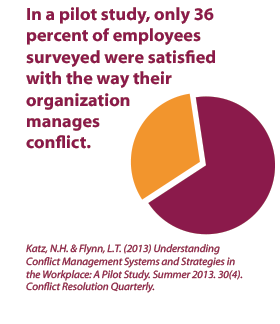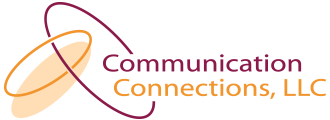What does it mean to be an Organizational Culture Diagnostician? I have worked with organizations of all types and sizes (including for-profits, non-profits, schools, universities, and churches) as well as government officials helping employees and managers and leaders to more effectively communicate and to be transparent about their values and expectations. I have been asked to: coach leaders, mediate conflicts, diagnose conflict management policies, create conflict management policies, launch new working groups and monitor communication systems and I have learned that an organization’s efficacy and integrity and the impression of employees regarding whether or not they are valued and engaged are all tied to the organization’s culture.
 Organizational culture is the shared assumptions about who makes decisions, how decisions are made, what is valued and what is prioritized and how all of that is communicated both internally as well as externally. The culture of an organization or a local government drives its productivity, its flexibility and its reputation among its customers/clients/patients/constituents, vendors and competitors. And yet many organizations do not create an intentional culture based on their values and goals –but, instead – end up with a culture that is created by default through the actions and words of various leaders that are often inconsistent and unreliable from day to day. This makes it difficult for employees and customers alike to know what to expect in terms of everything from job expectations to quality of product or service. An unintentional culture often creates instability in the workforce because there is no clarity about the direction of the organization and so employees and managers and leaders may all be tugging in different directions. It results in incredible internal inefficiencies. An unintentional culture also often results in an inconsistent work product or service because there is no coherent goal for the organization and so different groups, and different teams may be working in competition with one another or with different priorities.
Organizational culture is the shared assumptions about who makes decisions, how decisions are made, what is valued and what is prioritized and how all of that is communicated both internally as well as externally. The culture of an organization or a local government drives its productivity, its flexibility and its reputation among its customers/clients/patients/constituents, vendors and competitors. And yet many organizations do not create an intentional culture based on their values and goals –but, instead – end up with a culture that is created by default through the actions and words of various leaders that are often inconsistent and unreliable from day to day. This makes it difficult for employees and customers alike to know what to expect in terms of everything from job expectations to quality of product or service. An unintentional culture often creates instability in the workforce because there is no clarity about the direction of the organization and so employees and managers and leaders may all be tugging in different directions. It results in incredible internal inefficiencies. An unintentional culture also often results in an inconsistent work product or service because there is no coherent goal for the organization and so different groups, and different teams may be working in competition with one another or with different priorities.
Leaders have the capacity to shape the behavior and the values of the organization which, in turn, shape the culture of the organization. In my work – I help organizations both to work with the outcomes of their current organizational culture – and to reflect upon whether or not their current culture reflects the values, the goals, and the strategic plan that the organization has for itself, its employees and its desired place within the market or demographic in which it operates. I focus on:
- Clearly-stated priorities and values for an organization
- Clearly-stated goals and plans for the organization’s future
- Establishing integrity in all communications internally and externally
- Clearly-stated goals and work expectations for employees/staff
- Supporting and valuing each and every employee and empowering employees and leaders to engage in the goals of the organization so that everybody experiences meaning and value in their work
- Creating conflict management processes that are transparent and applicable to everybody within the organization
- Creating a purposeful organizational culture that drives the organization in the direction it wants to go while retaining the flexibility to respond to changing circumstances
I can help. I have decades of experience helping organizations identify and manage internal and external challenges in order to ensure quality of service, maximize efficiency, improve employee morale and retention and create conflict management and conflict resolution policies that are built on respect, transparency and honesty.

